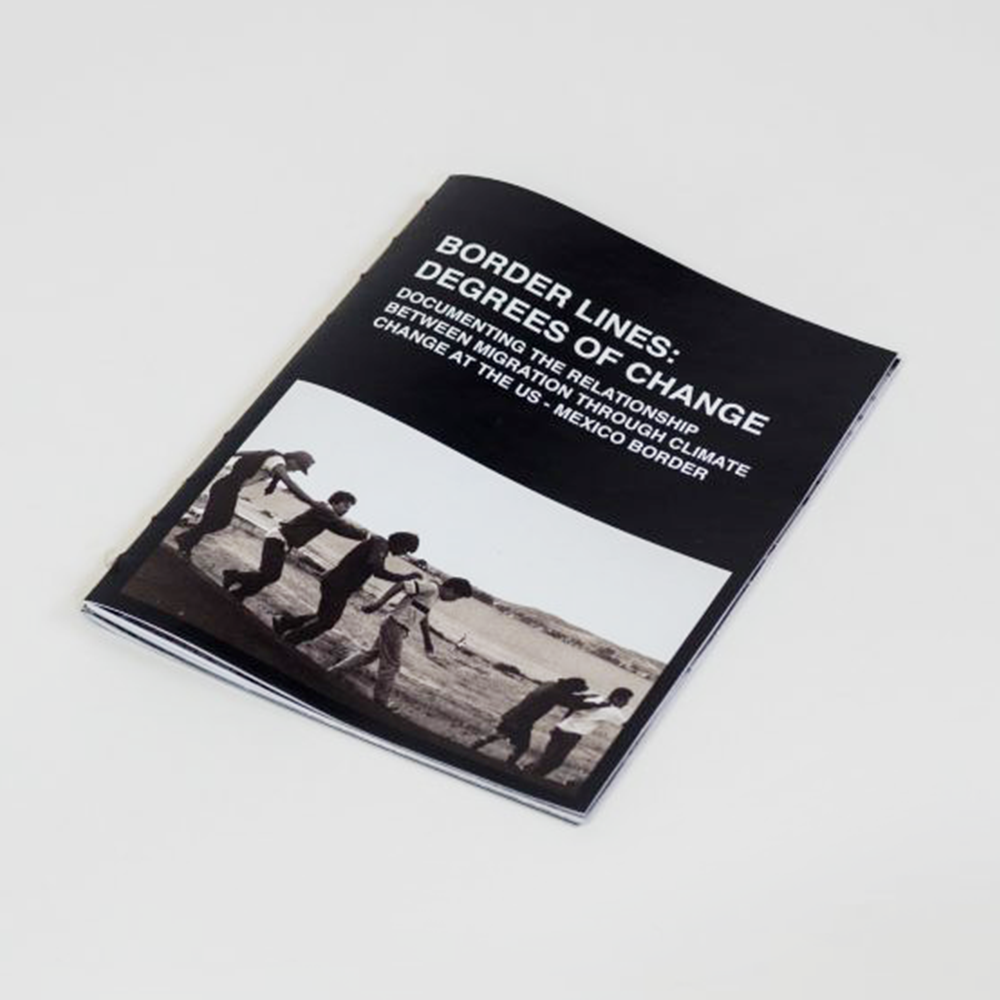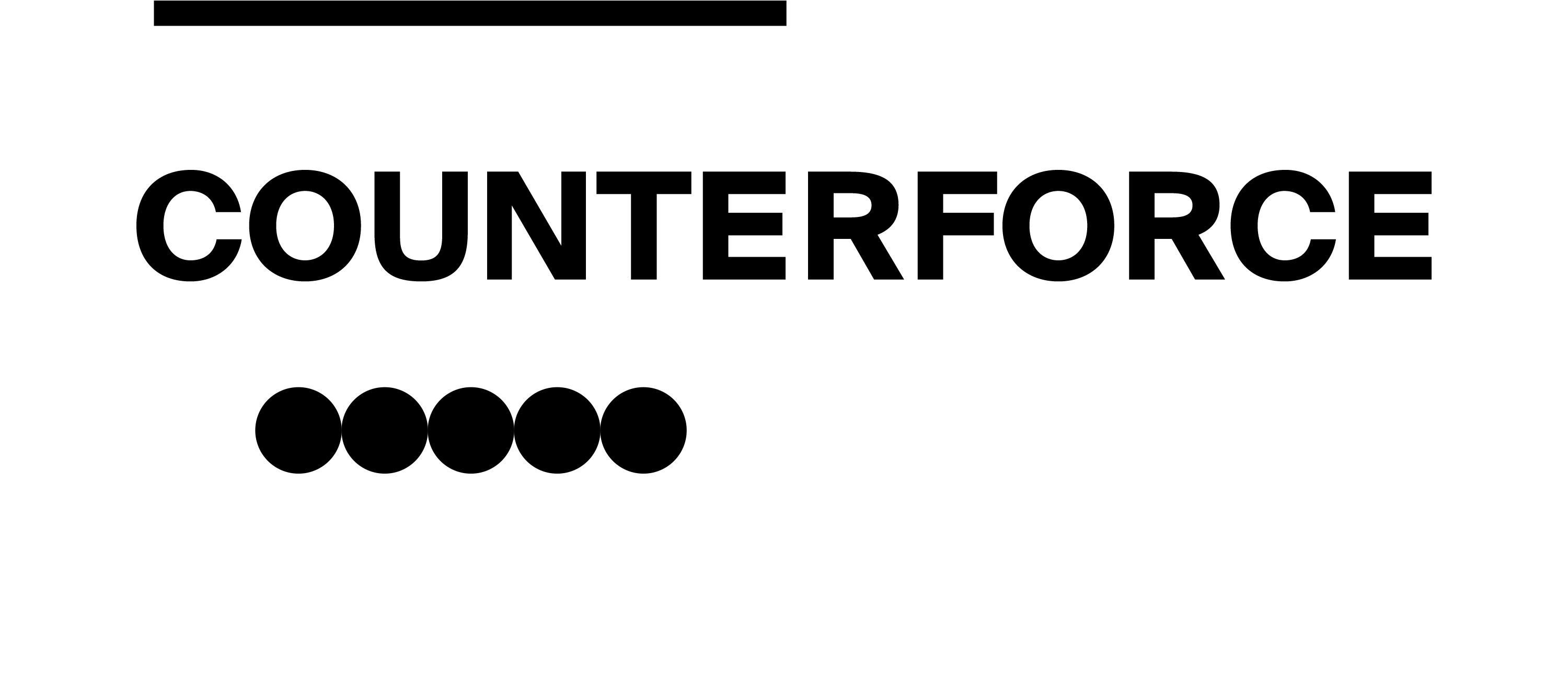Climate + Migration
In this course, I wanted to address the issue of climate change. This is largely an abstract political discussion, represented by a current U.S administration in denial, and a world governing body talking about graphs and data showing degrees of temperature change. How to bring the cerebral to the emotional? How to visualize the invisible? In this class I propose to do this by studying an aspect of climate change, which is migration, and in particular the migration around the Mexican/U.S. border.
According to U.S. military planners, climate change now poses the #1 national security threat to the United States, even before terrorism. And well before migration. Climate change, migration, and security are global issues that intermingle. The United Nations estimates there will be 50 million “environmental refugees” by 2020. A 2010 report by Princeton University researchers predicted that future crop failure in Mexico could lead to millions spilling over the U.S.-Mexico border.
NAFTA, the trade agreement between Canada, US and Mexico, was signed in 1992. Two years later, a severe drought started in Mexico. The great majority of the rural population grow maize—rain-fed agriculture—primarily for their own consumption. Besides crop yields declining drastically and 400 square miles of arable land lost to desertification every year, they also found their market inundated with cheap, government-subsidized corn from the United States. People faced no other choice but to leave their ancestral lands.
“Nothing will test human institutions like climate change in this century, people on the move from rising waters, spreading deserts, and endless storms could profoundly destabilize our civilizations unless we seize the chance to re-imagine our relationships to each other. This is no drill, but it is a test, and it will be graded pass-fail” writes Bill McKibben, author Eaarth: Making a Life on a Tough New Planet
How to mitigate migration rather than militarize it, as Trump proposes with his border wall? It is not up to us to supply the answer, but to ask more questions, and to go out into the field to gather more information that will lead to insights that will hopefully lead to people opening their hearts and minds to an issue that concerns us all. It starts with you.
“The struggles for social justice and ecological sustainability must be one struggle. Existing disparities in wealth and power, combined with the dramatic changes we are causing in this planet’s ecosystems, mean either we come together around our common humanity or forfeit the right to call ourselves fully human,” writes Robert Jensen of the University of Texas at Austin.
Selected works from class Climate + Migration Fall 2017


previous
next
